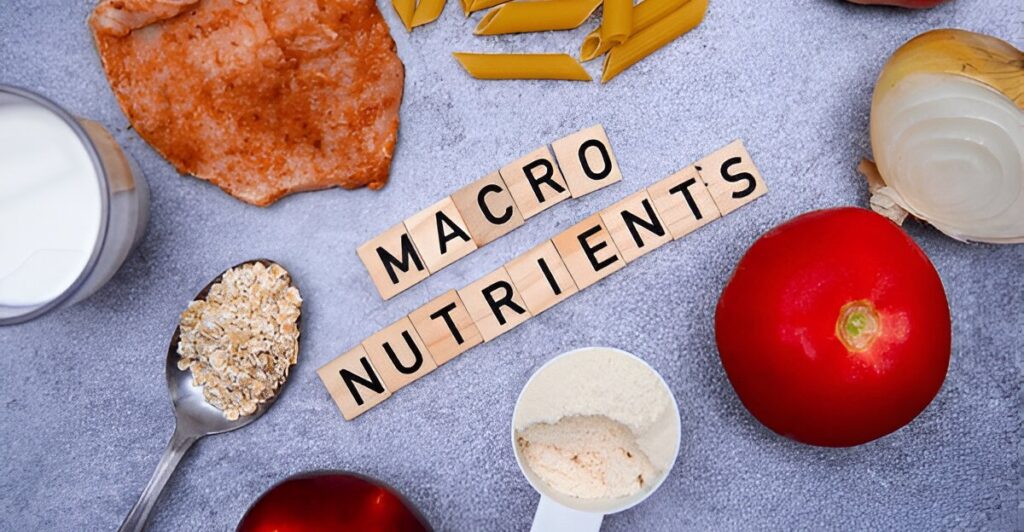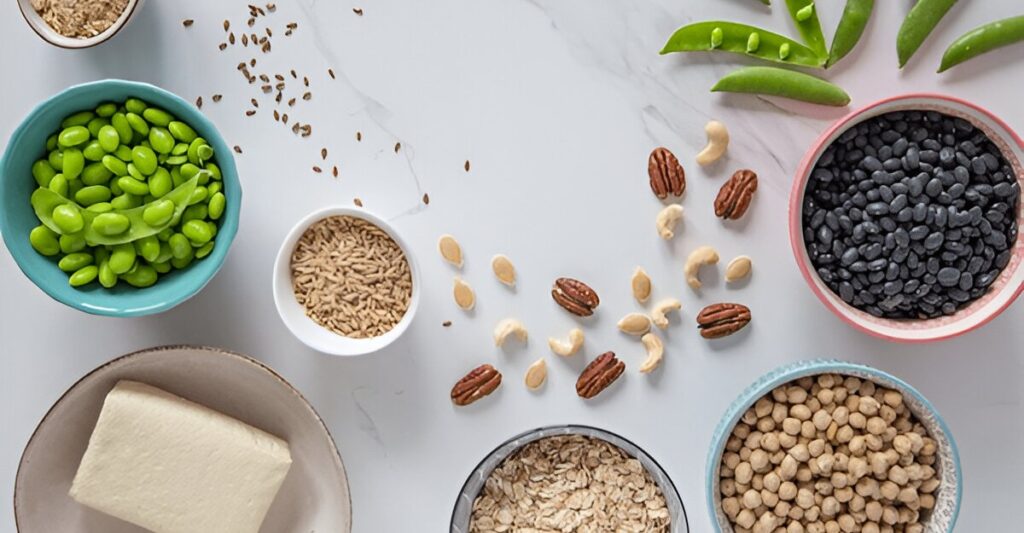The ketogenic diet, or keto, has become a global phenomenon, praised for its potential to burn fat, boost energy, and improve health. By drastically reducing carbs and increasing fats, keto shifts your body into ketosis, a state where fat becomes the primary fuel source. While the ketogenic diet benefits are backed by science, it also comes with challenges that require careful navigation. This article explores the advantages, drawbacks, and best practices to help you decide if keto is right for you and how to follow it effectively.
What Is the Ketogenic Diet?
The ketogenic diet is a high-fat, moderate-protein, very low-carb eating plan, typically consisting of 70-75% fat, 15-20% protein, and 5-10% carbs (about 20-50 grams daily). This macronutrient ratio forces the body to produce ketones in the liver, which are used for energy instead of glucose. Originally developed to treat epilepsy, keto has gained popularity for weight loss, metabolic health, and performance. Understanding the ketogenic diet benefits and limitations is key to making it work for you.
Benefits of the Ketogenic Diet
Research, including studies in The Journal of Clinical Endocrinology & Metabolism, highlights several ketogenic diet benefits that make it appealing:
1. Weight Loss
Keto promotes fat loss by reducing insulin levels and encouraging the body to burn stored fat for energy. A Lancet study found that low-carb diets like keto often lead to greater weight loss than low-fat diets, especially in the short term, due to appetite suppression and increased fat metabolism.
2. Improved Blood Sugar Control
By minimizing carbs, keto lowers blood sugar and insulin levels, improving insulin sensitivity. Research in Diabetes Therapy shows keto can benefit those with type 2 diabetes or prediabetes, sometimes reducing the need for medication.
3. Enhanced Mental Clarity
Ketones provide a steady energy source for the brain, potentially improving focus and cognitive function. Studies in Neurobiology of Aging suggest keto may support brain health and reduce the risk of neurodegenerative diseases.
4. Increased Energy and Endurance
Once fat-adapted, your body taps into abundant fat stores, providing sustained energy without carb crashes. Endurance athletes often report improved stamina on keto, per Journal of Sports Sciences.
5. Reduced Inflammation
Keto may lower inflammation by reducing sugar intake and increasing anti-inflammatory fats like omega-3s. A Nutrients study linked keto to decreased markers of inflammation, benefiting conditions like arthritis.
Drawbacks of the Ketogenic Diet
Despite its advantages, the ketogenic diet has potential downsides that require careful consideration:
1. Keto Flu
During the initial transition to ketosis (1-2 weeks), some experience “keto flu” symptoms like fatigue, headaches, or irritability due to carb withdrawal and electrolyte shifts.
2. Nutrient Deficiencies
Restricting carbs can limit fiber, vitamins, and minerals from fruits, vegetables, and grains, potentially causing deficiencies if not planned carefully (The American Journal of Clinical Nutrition).
3. Digestive Issues
Low fiber intake may lead to constipation or gut microbiome imbalances, per Gut studies. High fat consumption can also cause digestive discomfort in some.
4. Long-Term Sustainability
Keto’s restrictive nature can be hard to maintain, especially in social settings or for those who love carbs. Adherence often wanes over time, per Frontiers in Nutrition.
5. Potential Heart Health Risks
High intake of saturated fats from processed meats or butter may raise LDL cholesterol in some individuals, increasing heart disease risk if not balanced with healthy fats (Circulation).
Best Practices for a Successful Ketogenic Diet
To maximize ketogenic diet benefits and minimize risks, follow these evidence-based best practices:
1. Focus on Healthy Fats
Prioritize nutrient-dense, anti-inflammatory fats to support health and ketosis.
Best Fat Sources:
- Olive oil and avocado oil
- Avocados
- Fatty fish (salmon, mackerel)
- Nuts and seeds (macadamia, almonds)
- Coconut oil (in moderation)
Pro Tip: Limit processed fats like bacon or sausages to reduce saturated fat overload.
2. Include Low-Carb, Nutrient-Rich Vegetables
Non-starchy vegetables provide fiber, vitamins, and minerals while keeping carbs low.
Top Choices:
- Spinach, kale, broccoli
- Cauliflower, zucchini
- Brussels sprouts
- Asparagus
Pro Tip: Aim for 3-5 servings daily to prevent nutrient deficiencies.
3. Monitor Protein Intake
Too much protein can kick you out of ketosis by converting to glucose. Aim for 0.8-1.2 grams per kilogram of body weight, focusing on quality sources like eggs, fish, or tofu.
Pro Tip: Use a food-tracking app like Cronometer to ensure proper macronutrient ratios.
4. Stay Hydrated and Replenish Electrolytes
Keto increases water loss, depleting electrolytes like sodium, potassium, and magnesium, which can worsen keto flu. Drink 8-12 cups of water daily and include electrolyte-rich foods like leafy greens or bone broth.
Pro Tip: Add a pinch of high-quality salt to meals or water to maintain sodium levels.
5. Ease Into Keto Gradually
To minimize keto flu, reduce carbs over 1-2 weeks rather than cutting them abruptly. Start by eliminating sugary foods, then refined grains, before hitting full keto macros.
Pro Tip: Supplement with magnesium (200-400 mg/day) to ease transition symptoms.
6. Monitor Ketosis and Health
Track ketone levels (using urine strips, breath analyzers, or blood meters) to confirm you’re in ketosis (0.5-3.0 mmol/L). Regular blood tests can monitor cholesterol, blood sugar, and kidney function.
Pro Tip: Consult a doctor before starting keto, especially if you have diabetes, heart disease, or kidney issues.
Sample Keto Meal Plan
Here’s a one-day plan to illustrate a balanced ketogenic diet:
- Breakfast: Scrambled eggs with avocado, spinach, and olive oil.
- Snack: A handful of macadamia nuts.
- Lunch: Grilled salmon with cauliflower mash and sautéed kale.
- Snack: Cucumber slices with guacamole.
- Dinner: Chicken thighs with zucchini noodles, pesto, and roasted Brussels sprouts.
Who Should Avoid Keto?
Keto may not suit everyone. Those with kidney disease, liver conditions, or certain metabolic disorders should avoid it unless cleared by a doctor. Pregnant or breastfeeding women and individuals with a history of eating disorders should also proceed cautiously. Consult a dietitian to tailor keto to specific health needs.
Final Thoughts
The ketogenic diet benefits—weight loss, better blood sugar control, and enhanced energy—are compelling, but its challenges require strategic planning. By prioritizing healthy fats, nutrient-rich vegetables, and proper hydration, you can maximize keto’s advantages while minimizing risks. Start slowly, monitor your body’s response, and adjust as needed to make keto sustainable. Whether you’re aiming for performance, health, or fat loss, a well-executed ketogenic diet can be a powerful tool to transform your wellness journey.


